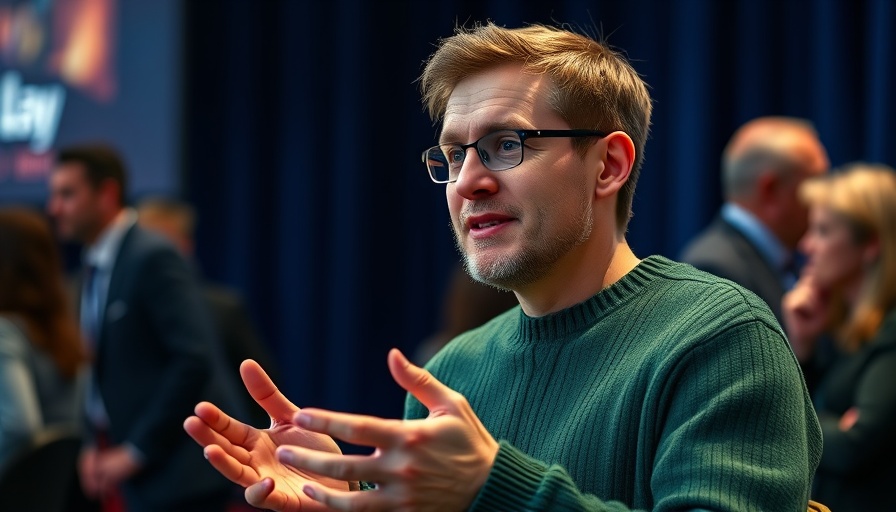
The Intersection of AI and Copyright: A New Frontier
As OpenAI's recent launch of an AI image generator gains traction, the rapidly spreading fascination with Studio Ghibli-inspired artworks prompts deeper discussions about copyright in the digital age. In a matter of hours, users flooded social media with AI-generated images reflecting the beloved animation style of Studio Ghibli, highlighting both the allure of these creations and the growing controversy surrounding their creation.
Legal Gray Areas Surrounding AI-Generated Content
Experts warn that these generative AI tools operate in a complex legal landscape. With the capability of reproducing distinct styles from copyrighted works—like the enchanting worlds crafted by Studio Ghibli—we must confront serious questions about copyright infringement. According to intellectual property lawyer Evan Brown, the issue primarily lies in how AI models are trained. If OpenAI's models draw from millions of frames of Ghibli’s films, the implications are profound. Current lawsuits against OpenAI illustrate the ongoing tension between innovation and intellectual property rights.
Rapid Adoption of Generative AI in Various Industries
The release of OpenAI's image generator comes at a time when tech-driven industries are rapidly adopting generative AI technologies. Not only does this tool attract artists and creatives, but it also opens avenues for professionals across sectors—from marketing to healthcare—who seek specialized solutions to enhance their strategies and deliver innovative results. This shift towards AI-driven creation poses both a disruption and an opportunity, enabling businesses to leverage technology in ways previously deemed impossible.
Broader Implications for Creative Industries
Beyond the immediate excitement of creating personalized images lies a dark undercurrent of concern for artists and creators. The backlash against AI impacts various sectors, prompting creatives and professionals alike to call for stricter regulations and discussions around rights and fair use. If AI continues to learn from existing works without proper attribution, it could undermine the financial and creative viability of many artists—raising critical questions about the sustainability of traditional art forms in an era dominated by technology.
A Future Steeped in AI: Predictions and Challenges
As we stand on the brink of a new era of creativity driven by AI, it is paramount to engage in thoughtful dialogue about how these advancements will shape our future. How can industries reconcile the use of generative technology while preserving originality and safeguarding the rights of artists? The way forward may involve collaboration between tech companies, legal experts, and creative professionals to forge a path that respects both innovation and intellectual property.
Explore the Future of Technology and Creativity
As technology continues to transform the creative landscape, it’s crucial for professionals to stay informed about the industry’s evolving dynamics. Engaging with these discussions—whether through conferences, reports, or direct conversations with experts—can help shape a more sustainable future for all stakeholders involved.
 Add Row
Add Row  Add
Add 



 Add Row
Add Row 


 Add
Add 

Write A Comment